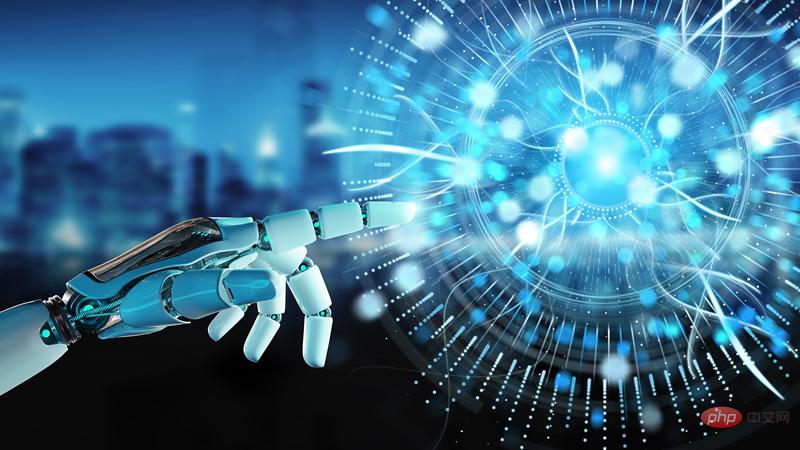
The rapid development of artificial intelligence (AI) will have a profound impact on people's work and lifestyle, and may even surpass human intelligence. But some scientists believe that organoid intelligence (OI) developed on the basis of human brain cells will one day surpass AI and be more efficient and energy-saving.

#Organoids are three-dimensional blocks of biological tissue that biological scientists have been cultivating and growing for years. A research team led by Thomas Hartung, a professor of environmental health sciences at Johns Hopkins University in the United States, is studying and growing brain organoids and may develop a "biological computer" driven by human brain cells.
Hartung said, "We are at a moment when biocomputing technology is about to mature. Some of the remarkable functions of the human brain can be achieved through OI, such as OI's ability to make rapid decisions based on incomplete and contradictory information (intuitive thinking). Decision."
Hartung and colleagues recently released their outlook on the future development of OI in the journal "Science Frontiers". The research team includes scientists from Cortical Labs, which made headlines last year for creating a petri dish full of living brain cells that quickly learned how to play the video game Pong. 》.
Using organoids grown from cells facilitates scientists’ research because it does not require human or animal testing. Since 2012, Hartung's research team has been working to create functional brain organoids using human skin cells, reprogramming them into a state similar to embryonic stem cells. They are then used to generate brain cells and eventually organoids with functional neurons and other characteristics that sustain basic functions such as memory and sustained learning.
This opens up a new avenue for studying how the human brain works, because organoids can be used to do things that are ethically impossible to do with human brains," Hartung said in a statement.
Building a biological computer
Hartung and his colleagues hope to build brain organoids into new types of biological computing hardware that are more energy-efficient than current supercomputers.
Hartung said: "Some capabilities of modern computers are still unable to match the capabilities of the human brain." For example, Kentucky's newest supercomputer, Frontier, cost $600 million and occupies 6,800 square feet. The supercomputer surpassed the computing power of the human brain for the first time in June last year, but its energy consumption is one million times that of the human brain.
He admitted that computers are faster at processing numbers and data, but the human brain is better at processing complex logical problems. "Since the beginning of the computer age, scientists have tried to make computers more like the human brain, and our commitment to developing OI is to add some new qualities and functions."
New ethical discussion
Concepts like biocomputers and organoid intelligence may spark new ethical discussions, and questions about whether organoids become sentient, conscious or self-aware have been debated for years.
Hartung said, "Some technologies will bring unintended consequences. Although it is difficult to rule out this risk, as long as humans control the input and output and the feedback of the brain's output, humans will have control. But Just like developing AI, once AI/OI is given autonomy, some problems will arise. But no matter how electronic computers or biological computers are eventually developed, they cannot control humans."
Hartung leads the bioethics A research team with academic background has been working to assess the ethical implications of working with OI. He believes that although organoid intelligence and biological computers will not pose a threat to AI or the human brain grown in traditional ways in the short term, we should now begin to accelerate research on brain organoids and use AI to train them to overcome existing problems. Some Disadvantages of Computers.
"It will take us decades to achieve the goal of a biological computer comparable to any type of computer. But if we don't start research now, it will become more difficult later." He said.
The above is the detailed content of The energy consumption advantage is significant! Organoid intelligence (OI) may surpass artificial intelligence (AI). For more information, please follow other related articles on the PHP Chinese website!
 Application of artificial intelligence in life
Application of artificial intelligence in life
 What is the basic concept of artificial intelligence
What is the basic concept of artificial intelligence
 The difference between get and post
The difference between get and post
 How to solve the problem that suddenly all folders cannot be opened in win10
How to solve the problem that suddenly all folders cannot be opened in win10
 setinterval usage
setinterval usage
 How to align text boxes in html
How to align text boxes in html
 How to export Apipost offline
How to export Apipost offline
 The difference between unix and linux
The difference between unix and linux




